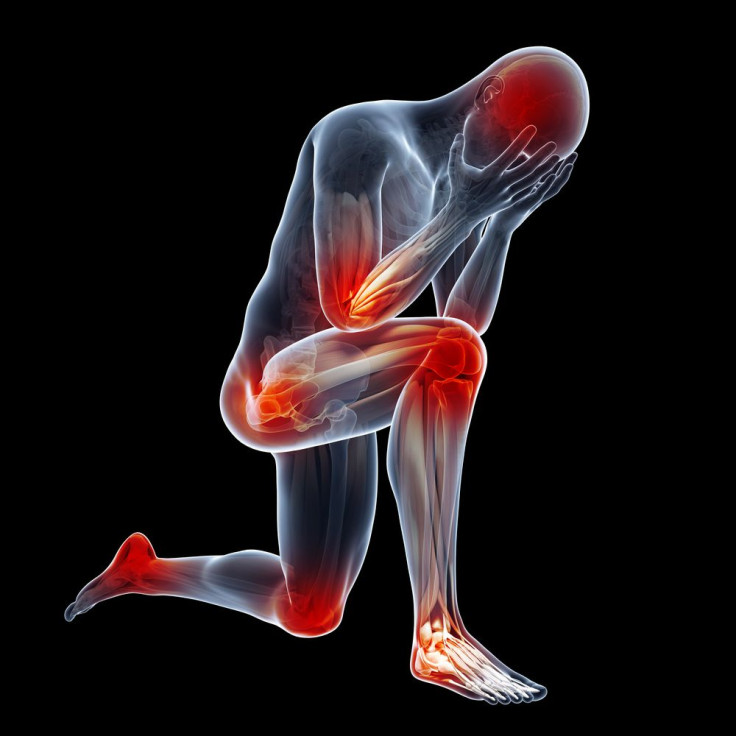Pain Relief Solutions May Be Written In DNA Of Those Who Don't Feel A Thing

Scientists hope that the DNA of those physically unable to feel any sensation of pain may open the doors to new avenues for medicinal pain management. Recent innovations in genome mapping have allowed scientists at Cambridge University to pinpoint the exact gene responsible for this interesting yet dangerous trait. They're now looking to replicate the naturally found mutation to develop more effective pain management.
Pain has played a pivotal role in human survival and the longevity of our race. Pain taught our ancestors to not get too close to fire, stay away from poisonous plants, and avoid over-working our bodies. Interestingly, there are individuals who lack this basic instinct and are unable to feel the sensation of pain.
The condition, known as congenital insensitivity to pain (CID), can be a serious handicap to those it afflicts, as there is currently no cure. People usually notice it in children when they begin to grow their first teeth and bite their own tongue, lips, and fingers, sometimes even taking bits off. Due to their inability to sense pain, individuals with CID can sustain injuries such as burns and bone fractures that go untreated, which can cause infection and poor healing.
The condition is found throughout families, so Cambridge University researchers decided to investigate the genetic component. For the study, the researchers used detailed maps of the genetic makeup of 11 families across Europe and Asia affected by this mysterious inheritable condition. This enabled the team to uncover the true reason for the trait: a mutation of the gene PRDM12.
"Identification of mutations in the same gene in two people from different families but with a very similar clinical picture was a strong indication that we had discovered the gene responsible," explained Jan Senderek, a researcher who reviewed the study’s results, in the Cambridge University press release.
The genome maps revealed that family members who carried two copies of this variant expressed the insensitivity to pain, while family members with only one copy remained unaffected.
According to the team, knowing the mechanisms that underlie pain sensations are critical to potentially controlling and reducing unnecessary pain. Current pain relief methods are addictive and often their risks may outweigh their capabilities. The next step is trying to figure out a way to implement this finding in a medical approach to pain management.
"We are very hopeful that this new gene could be an excellent candidate for drug development, particularly given recent successes with drugs targeting chromatin regulators in human disease," Dr. Ya-Chun Chen, the study’s first author explained in the press release.
The discovery of this gene could also lead to treatment of those who are at danger from lack of pain perception caused by CID.
Source: Chen YC, Auer-Grumbach M, Matsukawa S, et al. Transcriptional regulator PRDM12 is essential for human pain perception. Nature Genetics. 2015.



























